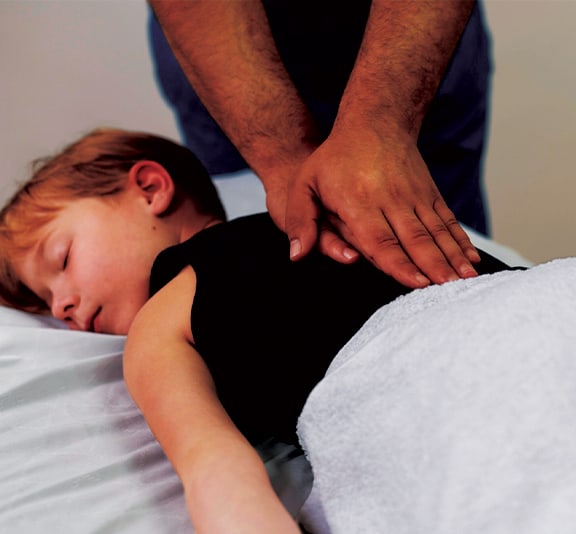

At Surya, our Department of Pediatric Kidney Transplant provides specialized care for children in need of Kidney Transplants. Our dedicated team of Pediatric Nephrologists, Transplant surgeons, and healthcare workers is committed to providing our young patients with the best possible treatment. We aspire to provide comprehensive evaluation, treatment, and management for Children with End-Stage Renal Disease (ESRD) who may benefit from a Kidney Transplant using cutting-edge technology and a child-friendly atmosphere.

A Pediatric Kidney Transplant is a surgical operation used to replace a child with End-Stage Renal Disease (ESRD) or severe Kidney malfunction with a healthy Kidney from a deceased or living donor. This operation is a life-saving measure intended to improve the child's general health and quality of life while restoring normal Kidney function.
Our Pediatric Kidney Transplant program is prepared to treat a wide range of illnesses that may necessitate a Kidney Transplant in children. Some of the most prevalent conditions we treat are:
Children with the following conditions may benefit from Kidney Transplantation:
A combination of pre-transplant evaluations, compatibility assessments, and post-transplant monitoring are used in the diagnostic testing for children's kidney transplants. The following are the main diagnostic procedures used in juvenile kidney transplantation:
A thorough and interdisciplinary preparation is necessary for pediatric kidney transplant surgery. To guarantee compatibility and the best possible results, both the child and the possible kidney donor—whether alive or deceased—go through assessments. Key actions to do in order to get ready for a juvenile kidney transplant include:
A few days are usually spent in the hospital to monitor recovery and avoid problems, however, this can vary.
The purpose of prescribing immunosuppressive drugs is to avoid rejection. It is essential to follow the prescription regimen.
Certainly, attempts are made to reintegrate the youngster into regular activities and school after their health stabilizes.
The frequency of follow-up appointments decreases as the child's recuperation keeps going.
Specific limitations may differ, but dietary considerations are included. A nutritious, well-balanced diet is advised.
It is good to be curious when it comes to your health, but, it is equally important to put your curiosity to rest by seeking expert opinion. Have more questions related to your health?
